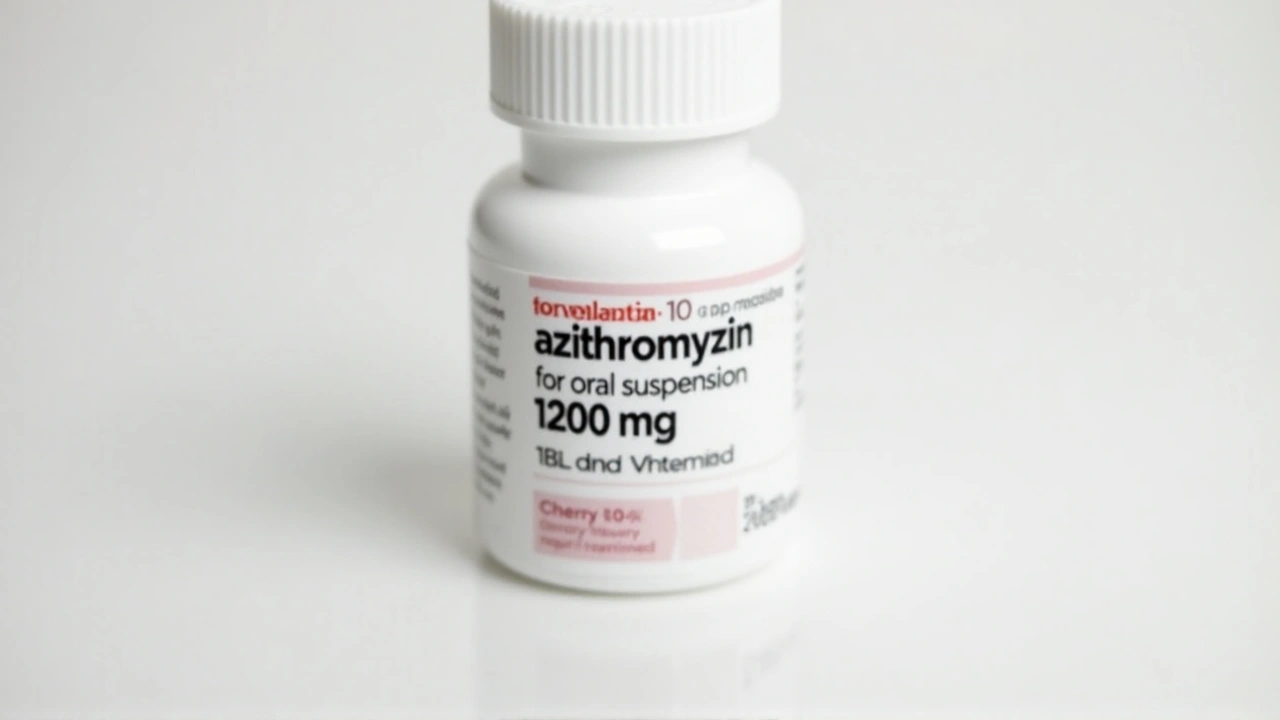Side Effects: Essential Guide to Understanding Medication Reactions
If you’ve ever taken a pill and felt a weird tummy rumble or an unexpected rash, you’ve experienced a side effect. They’re the body’s way of telling you that a drug is doing more than just treating your condition. Knowing what to expect can save you from panic, unnecessary doctor trips, and worse health issues.
Common Types of Side Effects
Side effects come in many shapes. The most frequent ones are gastrointestinal issues like nausea, diarrhea, or constipation. They happen because the digestive system is the first place a drug meets your body. Another common group includes central nervous system reactions—think dizziness, headaches, or drowsiness. These arise when meds cross the blood‑brain barrier and tweak nerve signals.
Skin reactions are also popular culprits: itchy rashes, redness, or even mild hives. They’re often allergic responses to an ingredient you might not even recognize. Lastly, some drugs cause metabolic changes, such as weight gain, increased blood sugar, or altered cholesterol levels. These tend to develop over weeks rather than minutes.
How to Manage and Reduce Risks
The first step is reading the pharmacy leaflet—yes, that tiny paper you toss aside. It lists the most likely side effects and tells you when to seek help. If a reaction feels mild, try adjusting how you take the medication: take it with food, split the dose, or switch to a different time of day.
Never skip your doctor’s advice, but feel free to ask about alternatives. Many drugs have a “generic” version that can be gentler on your stomach or skin. If you’re on multiple meds, ask for a review; interactions often magnify side effects.
Keep a simple log of what you take and how you feel. A quick note on your phone—med name, dose, time, symptom—helps spot patterns fast. When something feels off, contact a pharmacist first; they can tell if it’s a known reaction or something that needs a doctor’s eye.
Hydration and nutrition matter too. Drinking enough water can flush out substances that irritate the gut, while balanced meals keep blood sugar steady, reducing jittery feelings from some stimulants.
If you ever notice severe symptoms—trouble breathing, swelling of lips or face, intense chest pain—treat it as an emergency. Call 911 or head straight to the nearest ER. Those signs mean a serious allergic reaction that needs immediate care.
Our “Side Effects” tag pulls together articles on specific drugs—from Ativan and Mircette to Lasix alternatives—so you can see real‑world experiences and expert tips in one place. Use these resources to compare how different meds affect people, learn warning signs early, and make smarter choices with your health.
Bottom line: side effects are normal, but they don’t have to derail your treatment. Stay informed, watch your body, and keep the conversation open with your healthcare team. That way you get the benefits of a medication without the unwanted surprises.








